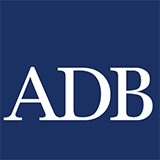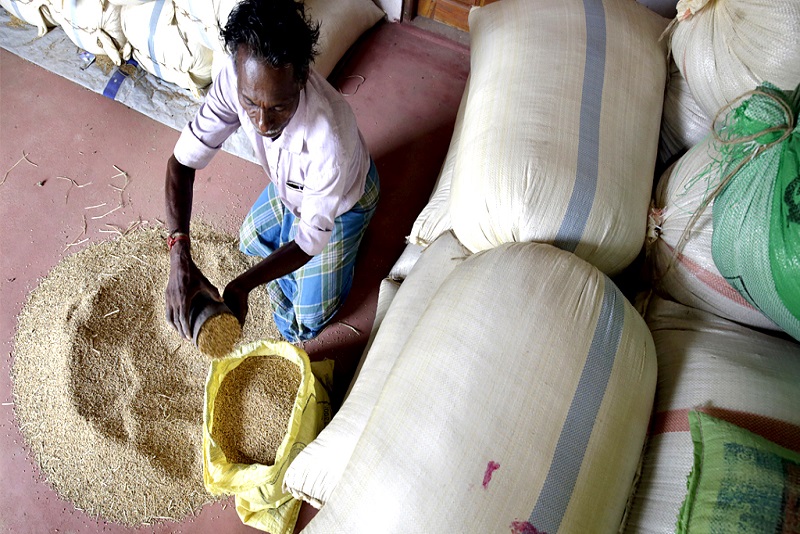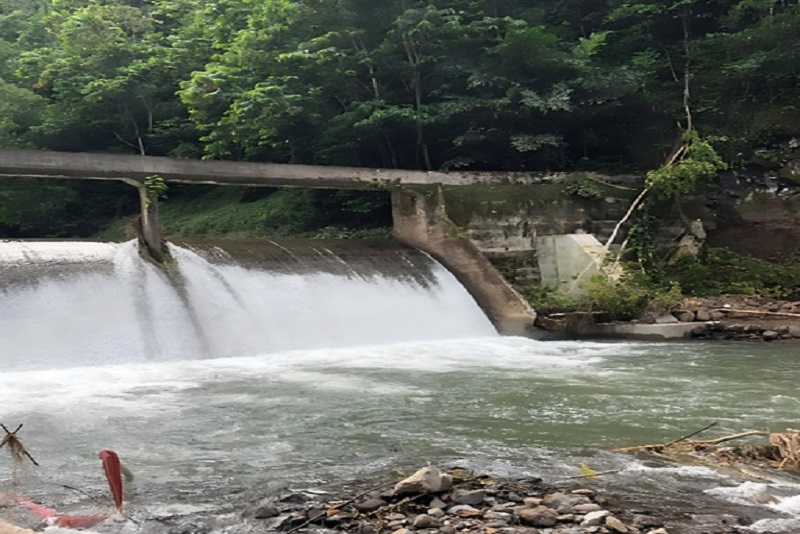Two key agencies are responsible for looking after Sweden’s official development assistance. The Ministry for Foreign Affairs manages 50% of the country’s development aid, while the Swedish International Development Cooperation Agency (Sida) administers the other half.
Sida’s engagement in the region is guided by the Strategy for Sweden’s regional development cooperation with the Asia and Pacific region that runs from 2022 to 2026. Sweden’s work with ADB covers the themes of democracy and human rights, conflict prevention and support for migration, gender equality, regional cooperation and integration, climate and the environment, and inclusive growth. In 2016, ADB and Sida entered into a risk transfer arrangement where Sida guarantees a repayment of the principal of ADB’s sovereign portfolio of ongoing loans to support priority areas in ADB’s operations. It is expected to increase ADB’s lending capacity by about $50 million per year from 2016 to 2026 for a total of about $500 million.
The Swedish Energy Agency also works with ADB through cofinancing. It is Sweden’s largest public funder and facilitator of Swedish sustaintech companies. It is responsible for the country’s program for International Climate Initiatives aimed at reducing greenhouse gas emissions globally through international cooperation.
Sovereign Cofinancing. Sweden contributes to three trust funds. These are the Clean Energy Fund (CEF), the Future Carbon Fund (FCF), and the Urban Environmental Infrastructure Fund (UEIF).
The CEF aims to improve energy security through the use of clean energy. The FCF supports clean development mechanism projects. The UEIF prioritizes projects focusing on pro-poor environmental benefits.
Nonsovereign Cofinancing. The Trade and Supply Chain Finance Program (TSCFP) supported over 10 transactions valued at $77.7 million with banks domiciled in Sweden from inception to December 2022. During the same period, the TSCFP supported over 60 Swedish exports and/or imports valued at $77.3 million. In 2022 alone, the TSCFP supported two transactions valued at $1 million with banks domiciled in Sweden and supported eight Swedish exports and/or imports valued at $1.4 million. Exports and/or imports were mainly to/from Sri Lanka, Viet Nam, and Bangladesh. Underlying goods involved mostly medical and pharmaceuticals, raw and non-energy commodities, as well as food and agriculture-related goods.
Special funds. Sweden contributes to ADB special funds where contributions from financing partners are administered with the same level of care as ADB’s own resources. Since becoming a member in 1966, Sweden has committed a total of $535.7 million to special funds, of which $507.5 million went to the Asian Development Fund (ADF). The ADF provides grants to ADB’s low-income developing member countries to promote poverty reduction and improvements in the quality of life.
Knowledge. During a COP27 side event co-organized by ADB and Thailand Greenhouse Gas Management Organization, the Swedish Energy Agency shared knowledge and experience on their work in operationalizing Article 6. Article 6 of the Paris Agreement lays the foundation for international carbon markets, which can be a key element of the broader climate policy toolbox that developing member countries can deploy to accelerate climate action.
Active Trust Funds
Trust funds with ongoing projects or no active projects but with remaining funds are considered active
News
Rebuilding Lives in Sri Lanka
In close partnership with the Government of Australia and the Swedish International Development Cooperation Agency, ADB helped build and rehabilitate basic infrastructure and services needed for a fresh start.



